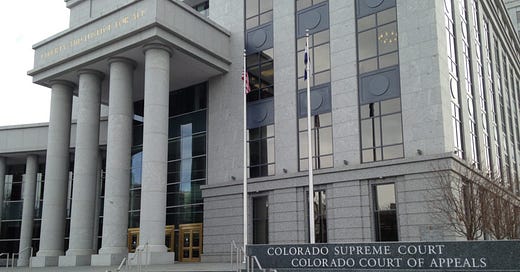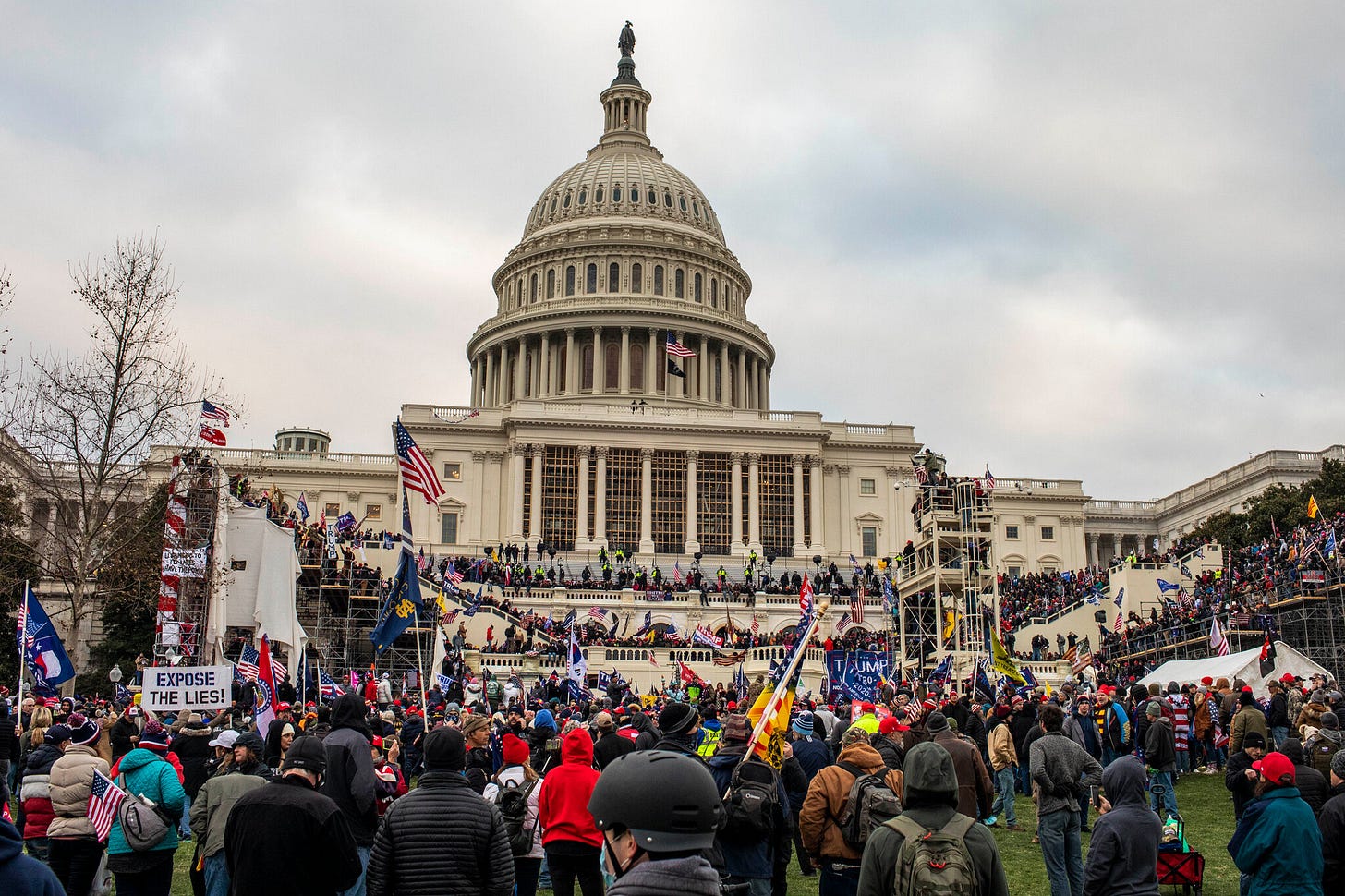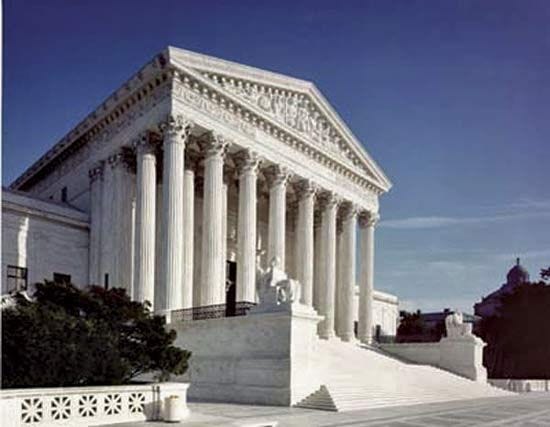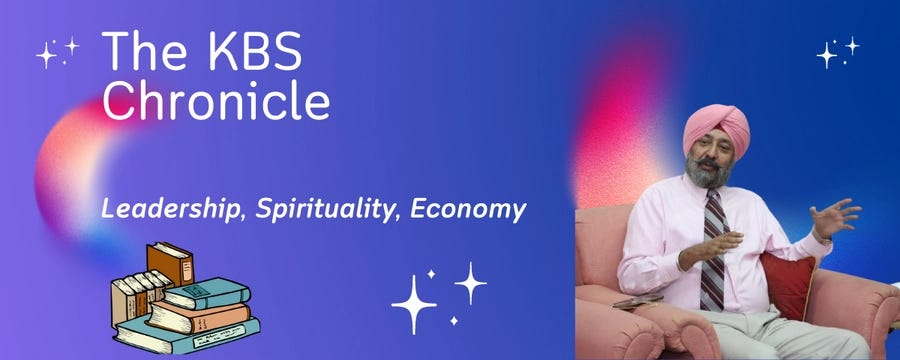Colorado Supreme Court (4-3)— Donald Trump Disqualified from Colorado’s 2024 Primary Ballot
In-Depth Analysis: Historic Ruling by Colorado Supreme Court; Stays Implementation Till US Supreme Court Verdict in Possible Appeal.
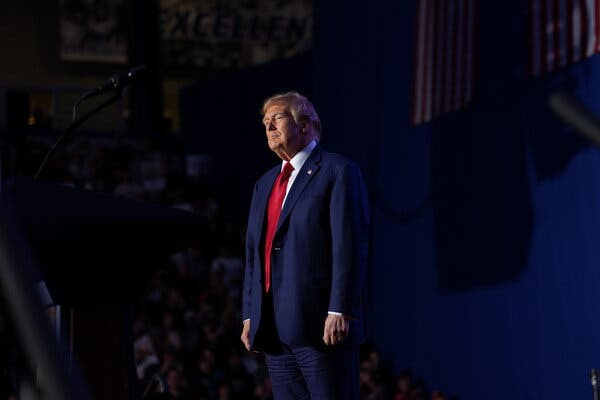
Historic Ruling by Colorado Supreme Court
Context, Significance and Paradox
On Tuesday, December 19, the Colorado Supreme Court delivered a momentous verdict, barring Donald Trump from participating in the State's 2024 Presidential Primary. The landmark decision, passed by a slender majority of 4-3, hinged upon a seldom-referenced section of the 14th Amendment, originally intended to prohibit former Confederates from assuming public office in the aftermath of the Civil War. This historic ruling represents the first instance in U.S. history where this constitutional provision has been applied to a former President.
In anticipation of further legal developments, the Colorado Court has stayed the implementation of its ruling until January 4, or until a verdict is reached by the U.S. Supreme Court. This delay presents a complex scenario for Colorado officials, who face a January 5 deadline to finalize their presidential primary ballots. This timing creates a potentially intricate situation, especially if the U.S. Supreme Court does not promptly address an anticipated appeal by Trump's legal team challenging this groundbreaking decision.
The 1868 Constitutional Amendment: Historical Legacy and Contemporary Application
The fulcrum of this landmark ruling is the 1868 constitutional amendment, particularly Section 3, which prohibits individuals who have engaged in insurrection against the United States from holding any office, civil or military. This section, steeped in the aftermath of the Civil War, is now at the forefront of a modern constitutional debate surrounding the eligibility of a former President to run for office, in light of his contentious role in allegedly instigating the 6th January, 2021, Capitol riot
The Colorado Supreme Court Reversed the Lower Court Decision
In the unfolding legal saga, the case saw an initial ruling in November by Denver District Judge Sarah B. Wallace. After a detailed week-long trial, Judge Wallace concluded that Donald Trump had indeed engaged in the Capitol insurrection. However, she ruled that he could still appear on the ballot, interpreting Section 3 of the 14th Amendment as not applicable to presidential candidates. This decision prompted an appeal from the voters challenging Trump's eligibility, who contested the part of the ruling allowing him on the ballot. Conversely, Trump's legal team appealed against the finding of his engagement in insurrection.
The Colorado Supreme Court, upon reviewing these appeals, upheld the bulk of Judge Wallace's findings regarding Trump's actions. However, in a pivotal reversal, the Court diverged significantly on the application of Section 3 to the Presidency. In their majority opinion, the justices articulated the gravity of their decision, stating, “We do not reach these conclusions lightly. We are mindful of the magnitude and weight of the questions now before us. We are likewise mindful of our solemn duty to apply the law, without fear or favor, and without being swayed by public reaction to the decisions that the law mandates we reach.” This statement underscores the Court's commitment to legal principles over public opinion, marking a significant reversal of the lower court's interpretation and potentially reshaping the legal landscape regarding constitutional qualifications for presidential candidacy.
Tight Decision and Majority Opinion
The narrow 4-3 decision accentuates the contentious nature of this case. In the majority opinion, the Colorado Supreme Court stated, "A majority of the court holds that President Trump is disqualified from holding the office of President under Section Three of the Fourteenth Amendment to the United States Constitution." This statement reflects the Court's considered and authoritative interpretation of the amendment in the context of the January 6, 2021, events.
Legal Battles and Funding
This legal challenge, funded and supported by Citizens for Responsibility and Ethics in Washington, represents a significant escalation in the legal efforts to hold Trump accountable for his alleged role in the January 6th insurrection. The case's outcome could have far-reaching implications for Trump's political future and the broader landscape of American electoral politics, especially in the context of the imminent 2024 Presidential election.
Implications and Impact
The decision's narrow margin highlights the deep divisions within the Court and, by extension, the Nation. This ruling, pending appeal to the U.S. Supreme Court, could set a precedent for other states to follow. It raises critical questions about the balance of political power and the role of historical constitutional provisions in modern governance.
Trump's Legal Challenges and the Road Ahead
Amid numerous legal challenges, including questions of immunity from civil lawsuits and criminal prosecution, this decision adds another layer of complexity to Trump's political trajectory. The Supreme Court's eventual involvement will be crucial, and its decision will likely have a lasting impact on the interpretation of the Constitution and the qualifications for presidential candidates.
Concluding Reflections: A Possible Future Rollout
The Colorado Supreme Court's narrowly-passed decision marks a significant moment in the application of the 14th Amendment, challenging established political norms and prompting a reexamination of historical constitutional provisions under the lens of current political dynamics. This ruling, though specific in context, has broader implications, setting the stage for a crucial review by the U.S. Supreme Court. The nation's anticipation is palpable as this judicial decision is poised to echo through the corridors of American legal and political history.
Should the U.S. Supreme Court overturn the Colorado ruling, allowing Trump to run, it would symbolically elevate the Court of "We, the People" – the electorate – as the ultimate arbiter, even surpassing the Supreme Court's authority in this context. Such an outcome would imply a profound belief in the democratic process, asserting that the decision on whether an individual should hold the office of the President of the United States ought to be determined by the collective will of the people, as expressed through their votes. This potential scenario underscores the enduring power of the ballot box in shaping the nation's highest office and reflects the fundamental democratic principle that the people's voice is paramount in determining their leaders.

